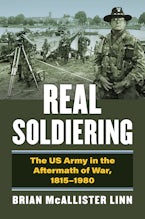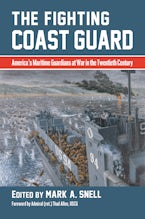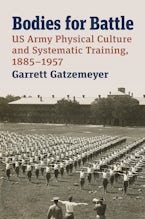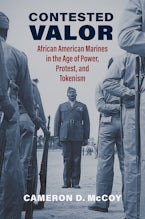In Part-Time Soldiers, Andrew Lewis Chadwick offers the first in-depth historical study of the development and evolution of modern army reserve forces. In doing so, he explores how a confluence of military, political, and socioeconomic developments since the First World War has forced armies preparing for major war to increase their dependence on reservists (part-time soldiers who reinforce or augment professionals or conscripts in wartime) for critical and routine military tasks. At the same time, he shows how these developments placed tremendous stress on the industrial-era reserve policies and structures that armies continue to use today. For example, reservists training for less than thirty days a year have struggled to keep up with the increasingly high-skilled character of modern warfare, as evidenced by the poor performance of reservists in the world wars and, most recently, the ongoing Russia-Ukraine War.
Chadwick primarily examines these developments in the cases of the US Army National Guard and the Israel Defense Forces (IDF) Army Reserve, given that unique geopolitical conditions have forced the United States and Israel to frequently employ reservists in combat over the past century. These cases, which Chadwick explores using archival and secondary sources, reveal how armies using two different reserve models—the former built around volunteers and the latter around discharged conscripts—have attempted to mitigate the challenge of maintaining combat-ready reservists in the era of high-tech and high-skilled warfare. By doing so, Chadwick identifies an enduring and often overlooked problem facing contemporary defense policymaking: how does one build and maintain effective army reserve forces at an affordable cost without causing undue stress on reservists’ civilian lives?












